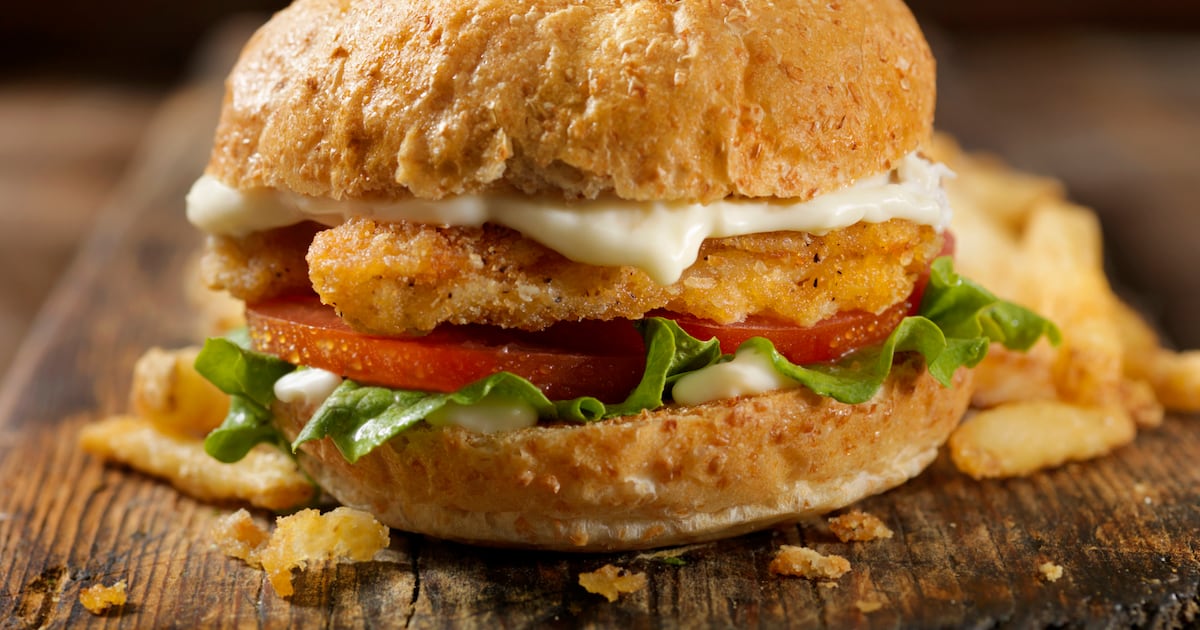Brand powerhouses like Unilever are no strangers to culling big names from their portfolios, so it’s no surprise that in a recent investor’s update business leaders announced big cuts were coming.
It’s even less of a surprise considering CEO Hein Schumacher has remained open on his strategy to simplify the company with a focus on 30 ‘power brands’.
This is arguably less shocking than plans to separate the ice cream business from the mothership. It was the intention to sell, if possible, but the complex division will not operate under new ownership, rather a separately listed business.
Unilever’s been doing well under Schumacher who, just over a year in, yielded positive third-quarter results – including those all important volume rises.
But now he wants to (and must) see more green on the balance sheets and so he’s coming for food brands that aren’t delivering the revenue volumes that Knorr and Hellmann’s do.
Which food brands will Unilever ditch next?
So it’s, apparently, bye-bye Vegetarian Butcher, according to a Sky News report, which claims the blue chip is consulting with Piper Sandler to sell the brand just six years after its purchase.
A number of potential buyers had been approached to gauge appetite around the brand, though Unilever has remained quiet and there are currently no early indications of a sale.
What does it say about Unilever’s belief in the plant-based, meat alternative sector? That doesn’t really matter, because Unilever isn’t focused on categories right now, rather its hero brands and 24 core markets. VB falls far short of A-lister status here, despite its positive sales and listings in 55 countries.
Also read → The most powerful food and drink manufacturing CEOs
What is important is Schumacher’s intent on developing 10 to 15 new innovations from within the 30 powerhouse brands that can generate at least €100m of revenue each.
Food accounts for around a quarter of Unilever’s revenue under the business’s new four-tier strategy. It delivered €13bn of turnover and a quarter of its profits.
Brands like Knorr and Hellmann’s are 60% of the division’s turnover, contributing €5bn and €3bn respectively.
Flavour NPD within Hellmann’s almost doubled revenue this year and is on track to be one of Schumacher’s golden €100m innovation streams.
Why is Knorr and Hellmann’s Unilever’s food focus?
Yet Knorr and Hellmann’s were the only two brands mentioned by division head Heiko Schipper in the investor update last week. So where do the others fit in and what names – because there are some iconic names in there – could be ditched alongside the Vegan Butcher?
The food strategy is to focus on “three global verticals” of condiments, cooking aids and mini meals. Excluding ice cream, there are over 50 brands within the global food and nutrition portfolio.
These range from hero names like Graze, Pot Noodle, Marmite, Lady’s Choice and Colman’s to Tortex, Horlicks, Klik and Unox. Some known worldwide and others only locally.
An outsider would logically bet on Unilever culling the smaller brand names that are known in only a few markets. However, the Vegan Butcher is fairly big in at least 50 countries and a relatively hefty name, so that’s a bad bet.
Is it then a case of where brands don’t fit into the “three global verticals” they’re out the door?
The disposal strategy is unclear. Reuters reported earlier this month Unilever sought to dispose of Dutch food brands Unox soups (fitting within the mini meals stream) and Conimex seasonings.
What does that say about Bovril or even Graze, to name two brands that arguably don’t fit into any of the core streams?
Very few Unilever food brands can consider themselves safe in the next two years. That is the only certainty.
